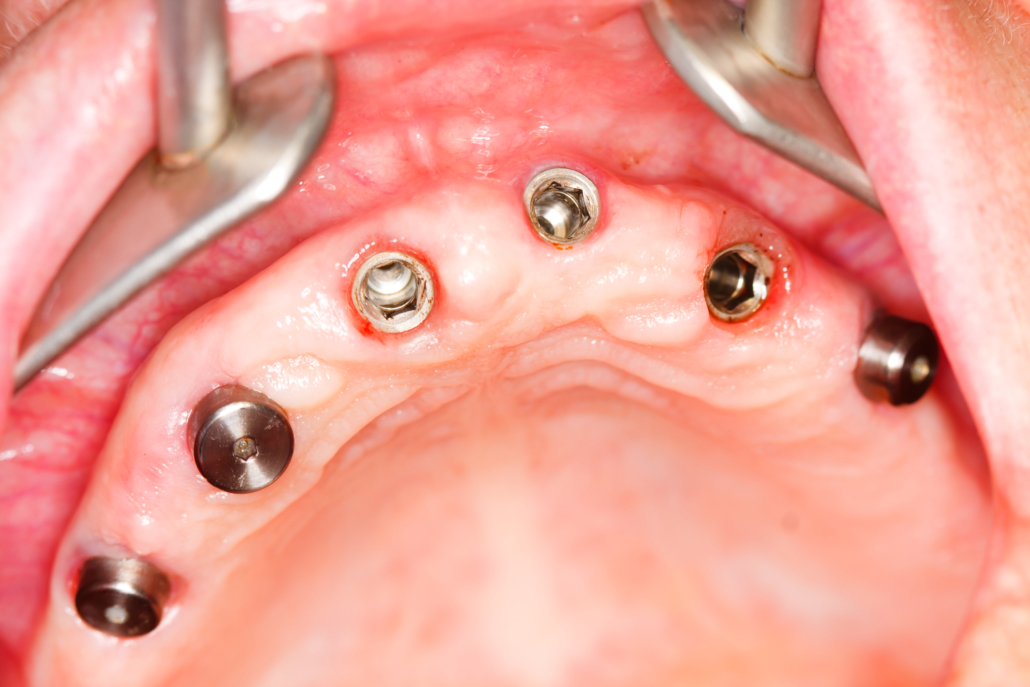Patients with venous and arterial thrombosis undergo therapy with antithrombotic drugs (antiplatelet and anticoagulants). Would they run any risks in the event of undergoing an implant surgery? We try to answer this question in the following article which summarizes the data of recent research.
Pharmacological therapies and oral surgery
Antithrombotic drugs have several categories.
There are very common antithrombotic drugs, mostly prescribed to those suffering from cardiovascular disease, peripheral arterial disease or cerebrovascular disease, such as aspirin which is an antiplatelet drug.

Then there are oral anticoagulant drugs such as warfarin, acenocoumarol and phenprocoumon, which are instead administered in patients with atrial fibrillation, heart valve prostheses, deep vein thrombosis or pulmonary embolism.
Finally, direct oral anticoagulant drugs administered to prevent stroke or systemic embolism in patients with atrial fibrillation and for the prevention of thrombosis after hip and / or knee surgery.
For a couple of decades now, dentistry has been wondering whether or not to suspend these types of drugs before an oral surgery.
Thanks to the skills acquired by dentists and the innovative technologies they use, oral surgery is less and less invasive, which is why it is established (also from the scientific literature) that in cases of tooth extraction it is not necessary to suspend the antithrombotic drugs and that one can intervene, when necessary, with adequate local haemostatic solutions.
The same question arises for implantology, a recent study tried to provide an answer.
To discontinue antithrombotic drugs or not before implantology?
Until a few years ago, implantology was considered a high-risk bleeding operation for patients receiving antithrombotic and anticoagulant drugs.

In a recent scientific review, some dentists evaluated the risk of bleeding during dental implant surgery in patients taking antiplatelet drugs, oral anticoagulants and direct oral anticoagulants.
In the studies included in the review, post-surgery bleeding occurred in only 10 out of 456 cases considered, just over 2%. However, the bleeding was controlled with local haemostatic agents. The patients most exposed to the risk of bleeding were found to be those treated with oral anticoagulant drugs, while the lowest risk occurred for patients treated with antiplatelet drugs.
Overall, it can be stated that the risk of bleeding remains very low and can be controlled with local haemostats, so it is not necessary to suspend therapy with antithrombotic drugs before implantation.
Other studies will have to confirm the thesis, but relying on proper implantology planning it is possible to predict and evaluate the associated risks.
















